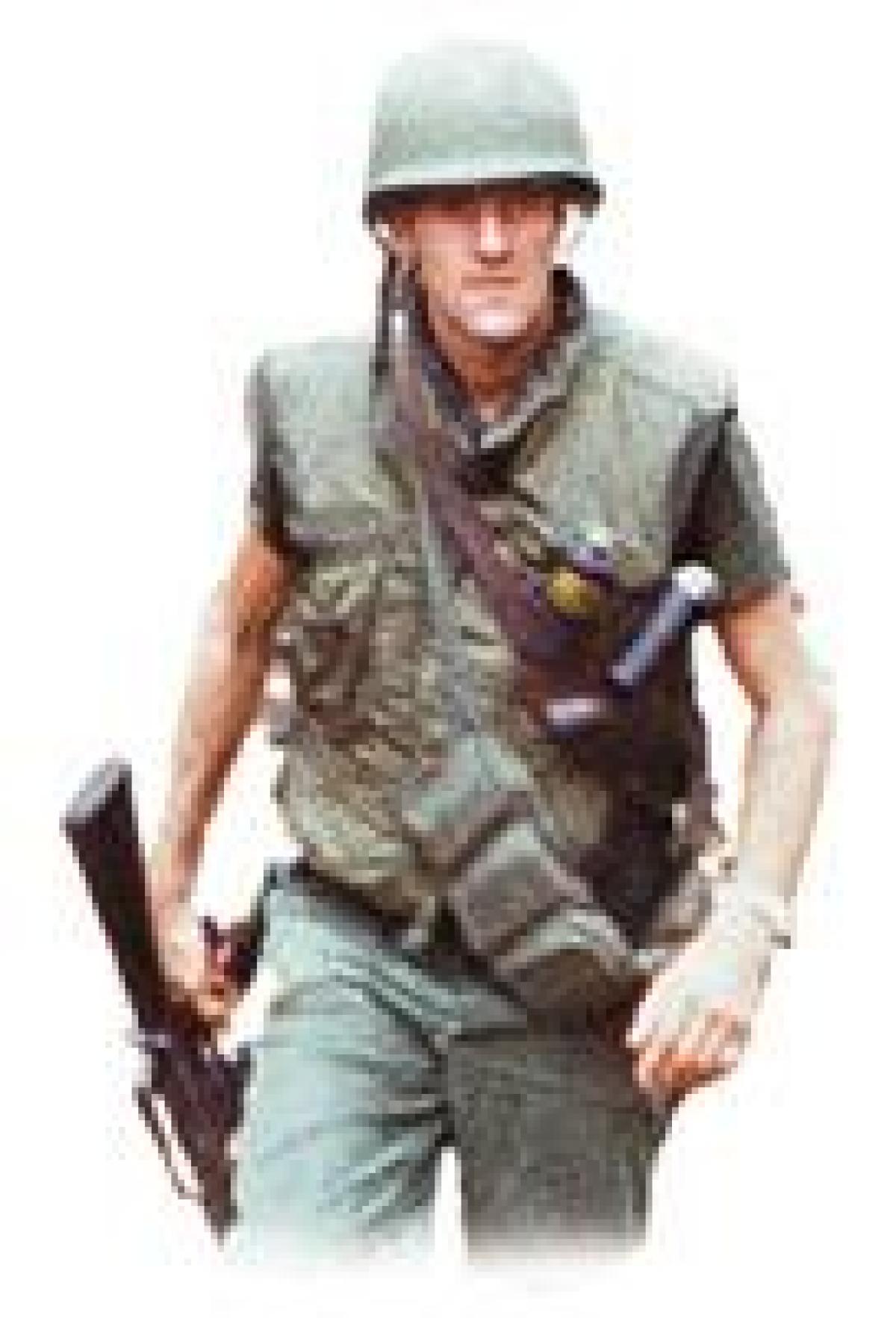The author of the new book, Tour of Duty: John Kerry and the Vietnam War (New York: William Morrow, 2004) spoke recently with the Naval Institute’s Fred L. Schultz. The full text appears in the June 2004 Naval History.
Naval History: How well do you think your book is going to stand the intense scrutiny of the 2004 presidential campaign?
Brinkley: This book is not meant to be the definitive Vietnam War history. It’s simply one man’s story. I was really using John Kerry’s interpretation of the swift boat world—riverine warfare during the Vietnam War. I wanted to bring some attention to what happened in Operation Market Time and Operation Sea Lord. Clearly, because I’m looking at it from Kerry’s perspective and using his diaries, the book is going to come at it from a certain angle. I interviewed dozens of crewmates and other officers who were there to put together as realistic a portrait as I could.
Naval History: Did Senator Kerry come to you, or did you go to him?
Brinkley: I wanted to do it because the Eisenhower Center is assembling Vietnam War oral histories. [Retired Marine Corps] Captain Ronald Drez recently interviewed 150 veterans of the Battle of Khe Sanh; everybody from General [William] Westmoreland to a field medic. I was starting a separate project that focused on the Vietnam War senators—John McCain, Max Cleland, Bob Kerrey, John Kerry, Chuck Hagel. I wanted to know what happened in their childhoods, how they got drafted or volunteered and went to Vietnam, served, came home, and used the war to launch their political careers.
But as I started working in earnest, I realized how much had been written on Bob Kerrey; he had written his own memoir, and a biography had come out on him. Max Cleland had written a memoir. John McCain had written a memoir, and there were two biographies out on him. But John Kerry was a blank slate. Since I am predisposed to naval history and an amateur naval historian, I started being very interested in Kerry’s story. Vietnam was not just a war in Asia. It also was fought on the home front. I thought Kerry brought drama from all sides.
Certainly, my book has become part of the campaign. But I did not write it as a book for or against Kerry. The most frustrating part for me now is hearing and reading, in our highly partisan atmosphere, all the politically charged views on John Kerry.
The truth is, my book is about how one young guy dealt with what happened when his Vietnam bell was rung. You either joined the armed services, or you left the country, or you finagled a way out. Kerry chose to volunteer and become an officer in the Navy. He didn’t like what he saw, and he wrote about it in his diaries. He then came home and became active in the antiwar movement.
Naval History: We’ve heard that Senator Kerry had been trying to avoid going to Vietnam by applying to study in France. You say in your book he joined the Navy because it had seemed the right thing to do. How do you sort out the truth?
Brinkley: Most of Kerry’s friends at Yale were Republicans and gung-ho military types. Dick Pershing was General Black Jack Pershing’s grandson. Freddie Smith went into the Marines and then went on to found Federal Express. They were his two closest friends in Skull and Bones, the secret organization at Yale. All of his buddies were going to war. What was he going to do, be the wimp who finagled a way not to join? I think peer pressure, if you want to call it that, had an impact. I also think Kerry weighed his options. He did think about going to Paris. Believe me, he could have found 100 ways to avoid Vietnam. The way you judge a man, Dwight Eisenhower once said, is you don’t judge the motive, you judge the action. In this case, the action is that John Kerry volunteered for the U.S. Navy at the height of the Vietnam War.
 Brinkley interview in June 2004 Naval History.
Brinkley interview in June 2004 Naval History.


